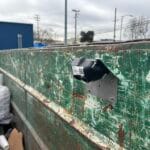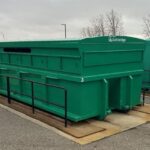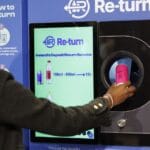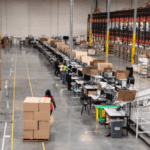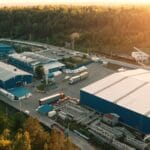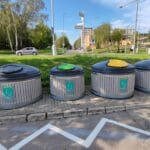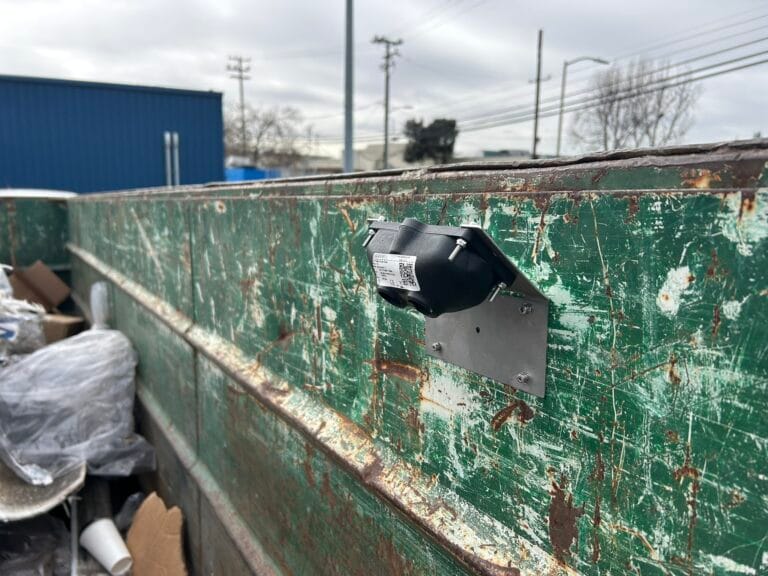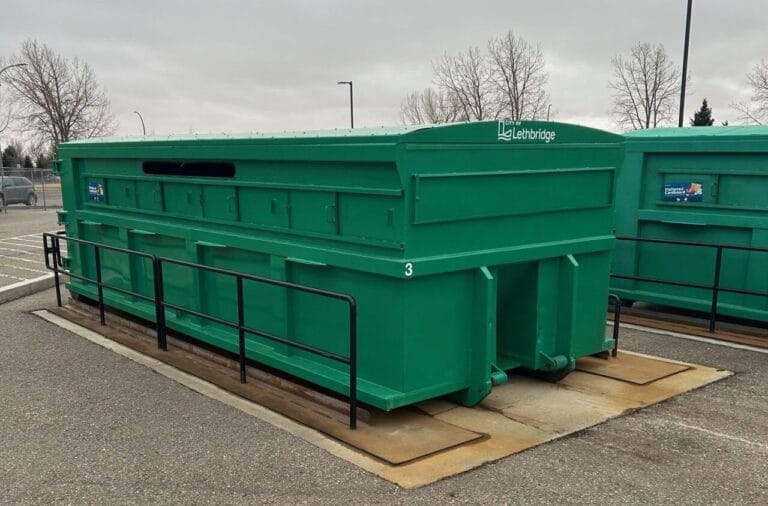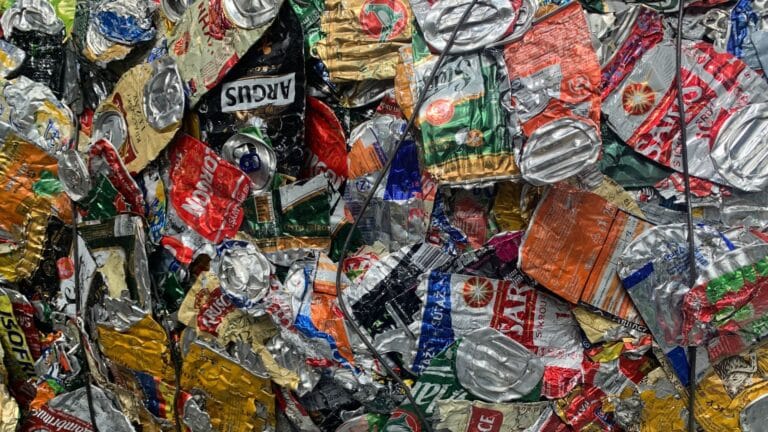More efficient waste collection resulting in cost savings
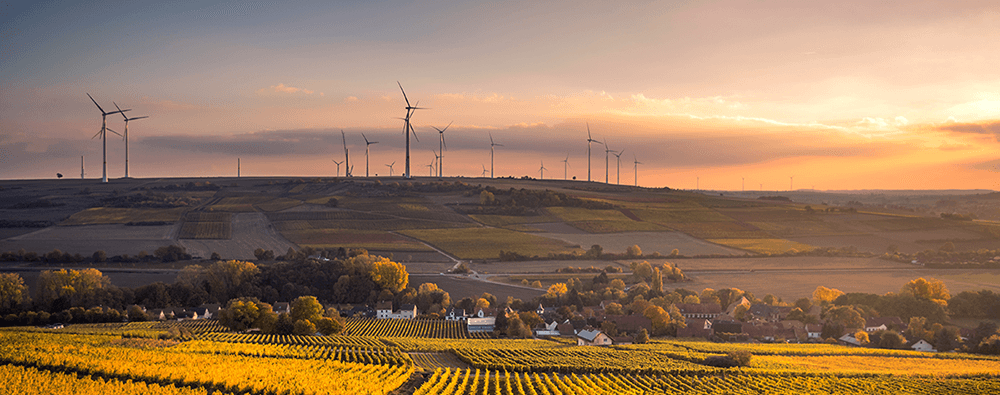
Waste monitoring
Right Frequencies
Waste collection
New Routes
2 municipalities
Project Scale
43-63%
Cost Savings
Smart waste monitoring in two municipalities
Project and customer description
The customer is a private waste collection company servicing two neighboring municipalities. Both areas are collected by the same vehicle using large-capacity bins operated with a hydraulic arm. Managing these bins requires efficient planning to make full use of vehicle capacity while avoiding unnecessary trips.
The company sought to modernize its operations by adopting smart monitoring technology to gain accurate data on bin usage. The project aimed to optimize collection routes, reduce operational costs, and maintain a high quality of service for citizens.
Challenge
The existing collection plan was inefficient. All bins within each municipality were collected along a single route, resulting in underutilized vehicle capacity and, at times, overflowing bins.
Data collected by Sensoneo Smart Sensors during a six-month monitoring period revealed that bins were, on average, only 24% full when collected in Municipality A and 45% full when collected in Municipality B. The findings clearly showed significant potential for improvement and the need for recalculated collection routes.
The company’s expectations from Sensoneo included:
- Reliable fullness monitoring in bins
- Data for recalculating new collection routes
- Improved quality of service for citizens
- More efficient collection and measurable cost savings
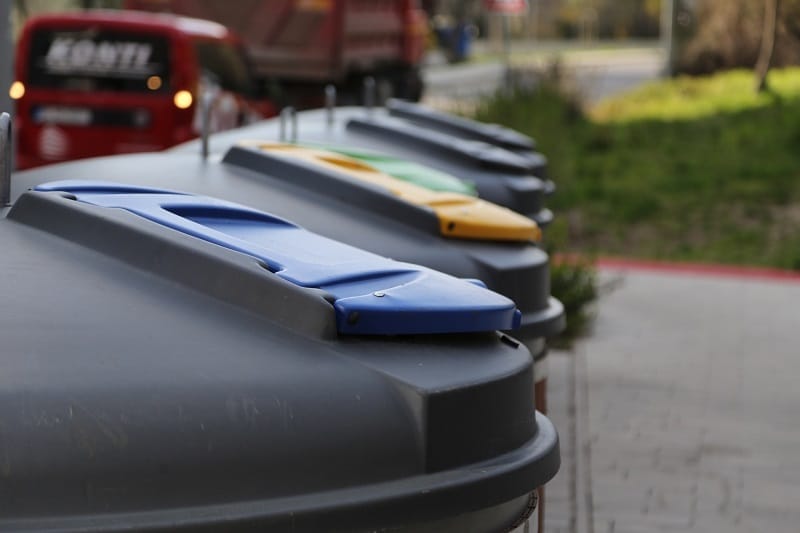
Solution
Sensoneo deployed its Waste Monitoring solution, combining Smart Sensors, the Smart Waste Management System, and the Citizen App.
- Smart Sensors: Installed in all large-capacity bins, measuring fill levels 24 times per day and transmitting data via LoRaWAN to the cloud-based backend.
- Smart Waste Management System: A Microsoft Azure platform providing a detailed bin inventory, interactive digital map, sensor configuration, live data visualization, predictive analytics, notifications (fire and tilt alarms), and tools for route planning.
- Citizen App: Enabled direct feedback from residents to support service quality.
Data was collected for six months without altering existing frequencies or routes. Based on the results, new collection routes and adjusted frequencies were calculated for each municipality.
- Municipality A: Adjusted routes reduced collection frequency and achieved 63% cost savings.
- Municipality B: Adjusted routes achieved 43% cost savings.

Impact
The implementation of Sensoneo Smart Waste Monitoring provided the customer with clear, data-driven insights into the real usage of bins. By redesigning collection routes and adjusting collection frequencies, the company was able to significantly reduce operational costs while maintaining high service quality.
Citizens benefit from cleaner municipalities with no overflowing bins, while the waste operator now utilizes vehicle capacity more effectively. The project demonstrated how smart monitoring can directly translate into measurable financial and environmental benefits.
Key achievements:
- Reliable monitoring of large-capacity bins with real-time data
- Identification of inefficiencies in existing collection routes
- Introduction of optimized routes and adjusted collection frequencies
- Significant cost savings: 63% in Municipality A and 43% in Municipality B
- Better utilization of vehicle capacity and reduced operational workload
- Improved service quality and cleaner public spaces for citizens

Our Collection Planning Engine can accommodate data from Smart Sensors, multiple rules and count in different variables such as filling cycles of bins, vehicle capacity, trash type, kilometres driven, costs and more. The Engine is a result of in-house R&D. The idea is to maximize the waste collected per kilometre driven. In this case, data from Smart Sensors allowed us to adjust collection frequencies to collect fuller bins.
Tomas Vincze, CSO at Sensoneo
Selected success stories
Smart Waste Newsletter
Get monthly updates from our company and the world of waste!

